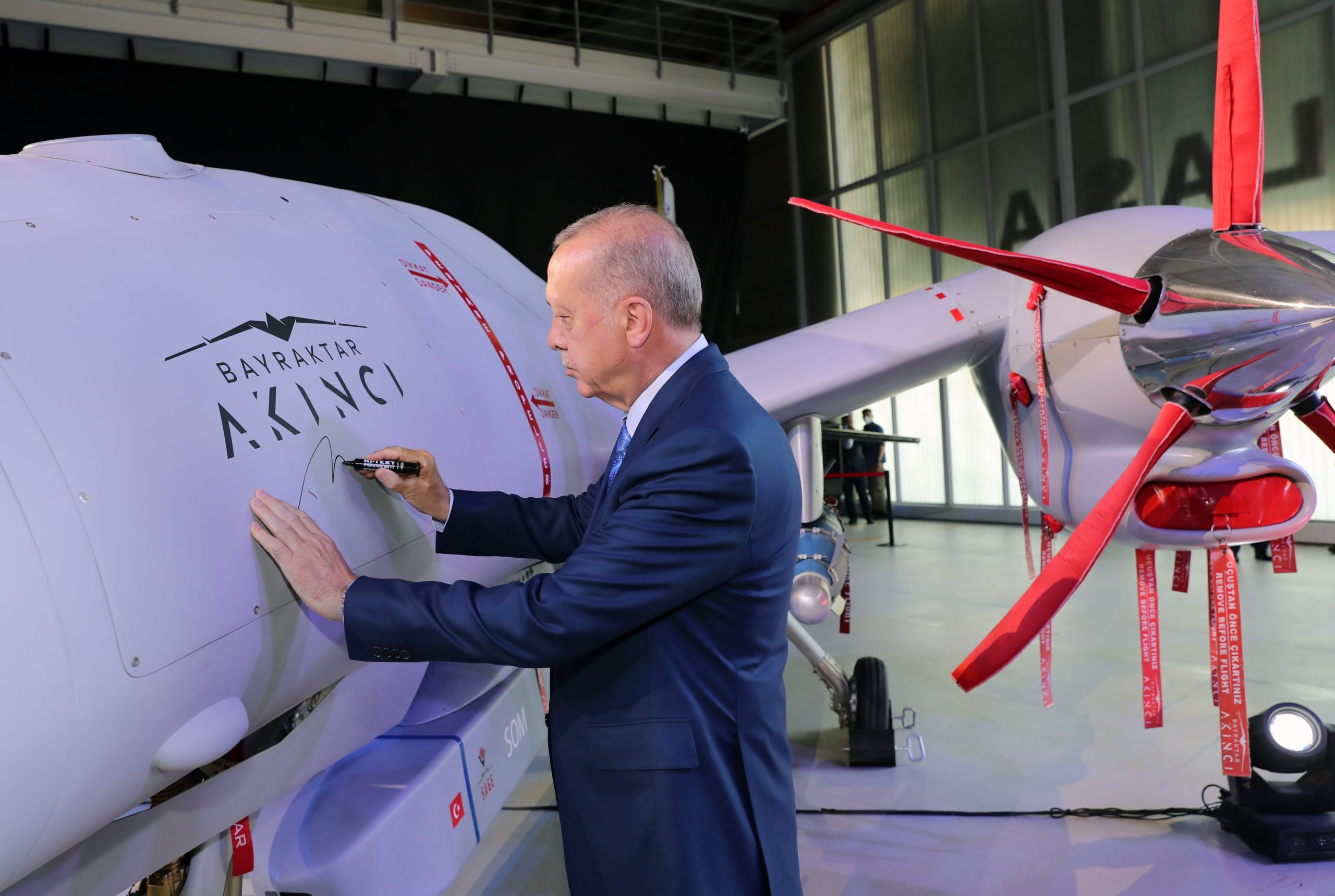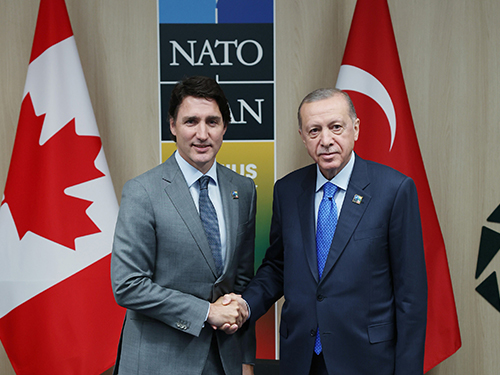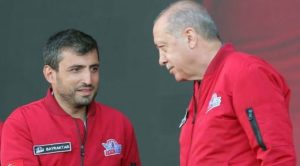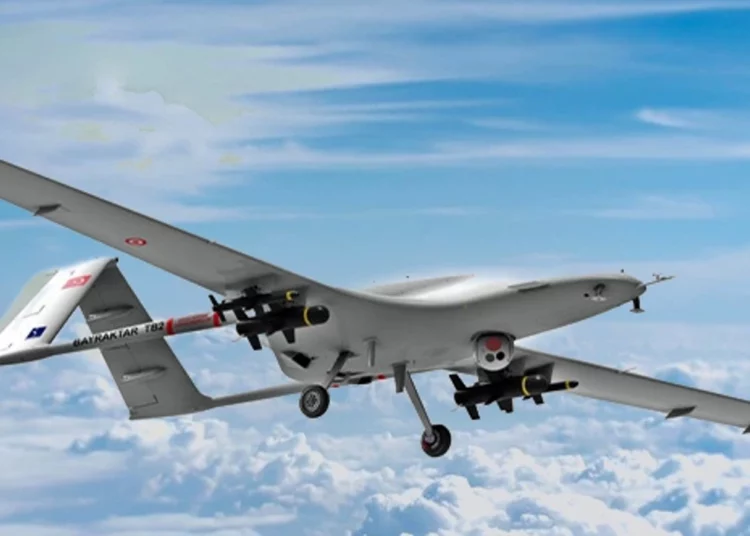Levent Kenez/Stockholm
Turkish President Recep Tayyip Erdogan reportedly told pro-government journalists on the plane back from Hungary on December 19 that US President Joe Biden had implied a resolution to the reluctance of Congress to sell F-16 fighter jets to Turkey in exchange for the Turkish parliament’s approving Sweden’s NATO membership. However, Erdogan also mentioned that in order to gain parliamentary approval, the products banned by Canada for sale to Turkey needed to be released, including the optical equipment used by his son-in-law’s military drone company.
“Another complicating factor in the parliamentary process relates to the negative attitudes of Canada and some allies in defense procurement. … These are all interconnected. I believe the positive developments we are expecting, both regarding America’s F-16 issues and Canada’s fulfillment of promises, will accelerate our parliament’s positive outlook on the matter,” Erdogan told the journalists.

In 2021 the Canadian government imposed an arms embargo on Turkey due to the role of Turkish-made military drones in the conflict between Azerbaijan and Armenia in the Nagorno-Karabakh region in 2020.
After the imposition of the embargo, Canada decided to halt the export of more than 30 products, including the WESCAM MX-15D EO/IR type FLIR system. This embargo included the electro-optical equipment produced by Canadian company Wescam, crucial as the visual apparatus for the Bayraktar TB2 Unmanned Aerial Vehicle (UAV). Selçuk Bayraktar, Erdogan’s son-in-law, is the owner of Baykar Makina, which produces Bayraktar TB2 military drones.
It was reported in the Turkish press in July that Canada had lifted the embargo imposed on Turkey. However, according to Mélanie Joly, the Canadian Ministry of Foreign Affairs spokesperson, claims suggesting Canada had lifted its arms embargo on Turkey were false. In a recent statement Joly said, “It is not true that the arms embargo against Turkey has been lifted. Export controls against Turkey continue.” The controversy surrounding the arms embargo arose following a meeting between Turkish President Erdogan and Canadian Prime Minister Justin Trudeau during a recent NATO summit. However, Trudeau’s office did not deny reports claiming there is a deal to open talks about the arms ban.

Returning from Athens on December 9, Erdogan criticized Canada in his statement, objecting to Canada’s condition of requiring Sweden’s NATO membership approval for the sales of the desired optical equipment. “If we are two allied countries within NATO, then we should act in solidarity – you do your part, and our parliament will make the necessary decisions,” Erdogan told journalists.
It was previously reported in the Canadian media that Canada was willing to lift the embargo on Turkey but was awaiting the approval of Sweden’s membership.

Meanwhile, state-owned defense contractor Aselsan’s general manager, Ahmet Akyol, provided information to the media in October about the company’s ASELFLIR-500 optical system, claiming it was rendering “unjustly imposed embargoes on Turkey” ineffective. According to Akyol, the system can detect humans from a distance of 20 kilometers and identify tanks from 80 kilometers, performing with the same efficiency even at night.
In 2021 Selçuk Bayraktar, in response to Canada’s embargo, emphasized that Bayraktar TB2 drones were developed with an entirely domestic and original design, highlighting that all critical components were produced locally. He claimed that Canada’s decision not to sell optical systems, due to a better version being domestically produced in Turkey, would not pose any problem for the company. He mentioned that Turkey’s refraining from selling UAVs to Canada in the future could potentially become a serious issue for them.
However, military experts contacted by Nordic Monitor said the domestically produced alternatives currently do not perform at the same level as the systems from the Canadian company. They claim that Erdogan’s insistence on lifting the embargo is based on this performance gap between the domestically produced systems and those made by the Canadian company.












